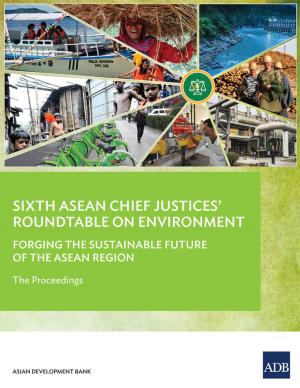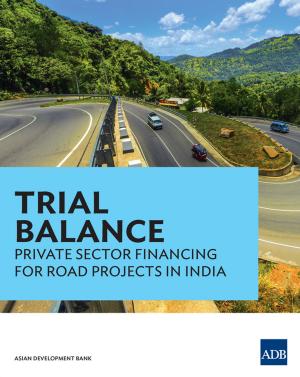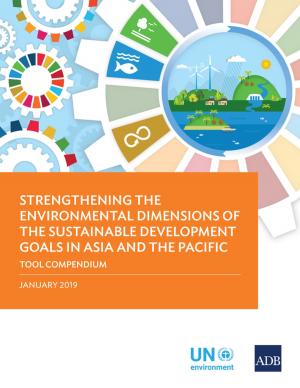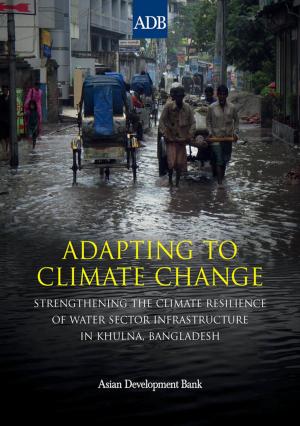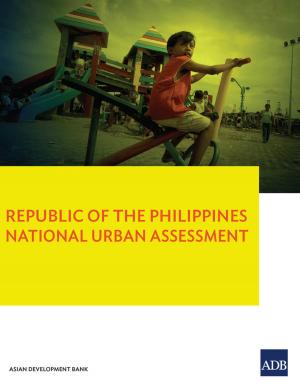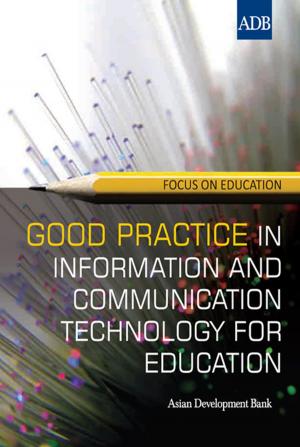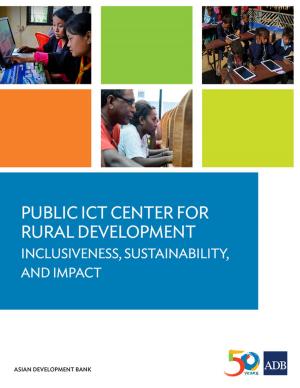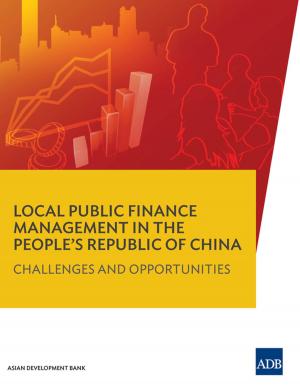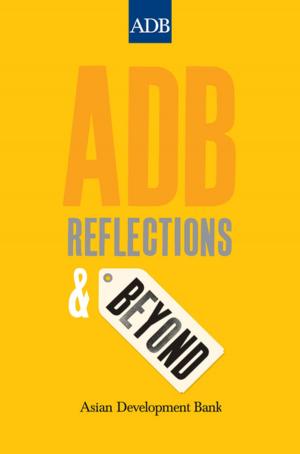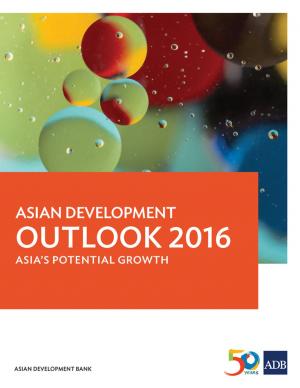Lose to Gain
Is Involuntary Resettlement a Development Opportunity?
Nonfiction, Social & Cultural Studies, Political Science, Politics, Social Services & Welfare| Author: | ISBN: | 9789292543563 | |
| Publisher: | Asian Development Bank | Publication: | April 1, 2014 |
| Imprint: | Asian Development Bank | Language: | English |
| Author: | |
| ISBN: | 9789292543563 |
| Publisher: | Asian Development Bank |
| Publication: | April 1, 2014 |
| Imprint: | Asian Development Bank |
| Language: | English |
A crucial issue that confronts development in South Asia is how to build a better life for people displaced by infrastructure development projects. This book comprises recent displacement and resettlement case studies conducted by eight anthropologists in South Asia. Each contributor wrote around the key theme of the book: Is involuntary resettlement a development opportunity for those displaced by development interventions? In this book, "resettlement" carries a broader meaning to include physical and economic displacement, restricted access to public land such as forests and parks, relocation, income rehabilitation, and self-relocation. The book demonstrates that despite significant progress in national policies, laws, and regulations, their application still requires more commitment, adequate resources, and better supervision.
A crucial issue that confronts development in South Asia is how to build a better life for people displaced by infrastructure development projects. This book comprises recent displacement and resettlement case studies conducted by eight anthropologists in South Asia. Each contributor wrote around the key theme of the book: Is involuntary resettlement a development opportunity for those displaced by development interventions? In this book, "resettlement" carries a broader meaning to include physical and economic displacement, restricted access to public land such as forests and parks, relocation, income rehabilitation, and self-relocation. The book demonstrates that despite significant progress in national policies, laws, and regulations, their application still requires more commitment, adequate resources, and better supervision.

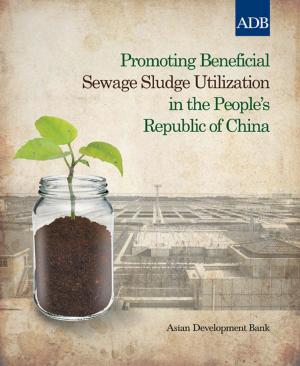
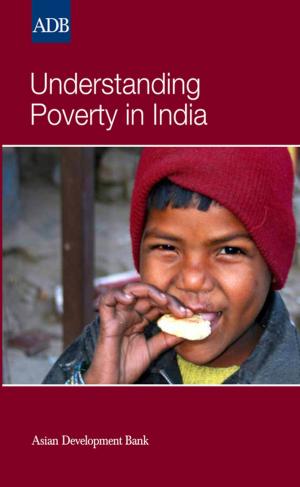
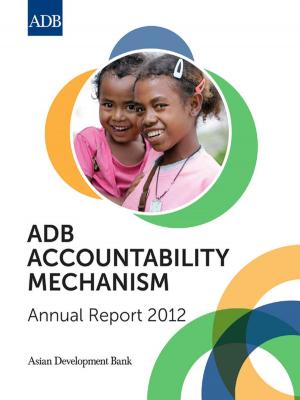
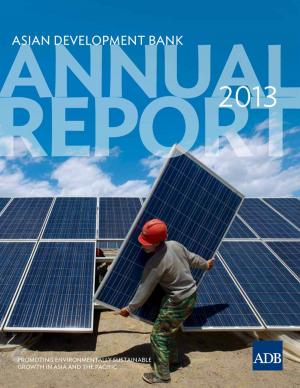
![Cover of the book Financial Sector Development Strategy 2011-2020 [Cambodia] by](https://www.kuoky.com/images/2012/august/300x300/9789290926894-0zLO_300x.jpg)
